
Comedy Central's new sketch comedy program Kroll Show offers an infinite regression of media industry meta-discourses, recreating a dominant reading position that masquerades as oppositional.
Read more »

Comedy Central's new sketch comedy program Kroll Show offers an infinite regression of media industry meta-discourses, recreating a dominant reading position that masquerades as oppositional.
Read more »
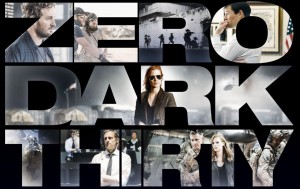
Kathryn Bigelow's Zero Dark Thirty has ignited a virtual powder keg of controversy regarding its depictions of the use of torture as a means of getting information during the ten-year hunt for Osama bin Laden. Despite complaints that it justifies the use and effectiveness of torture, the film cannot be dismissed so easily.
Read more »
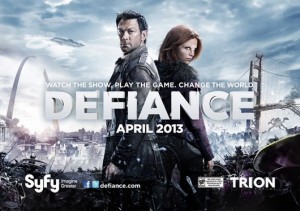
While a complex production mythology makes Syfy's ambitious transmedia series/game Defiance unique, the first of two parts explores how this mythology also breeds uncertainty as the franchise's April debut nears.
Read more »

Ten (or more) media industry news items you might have missed recently.
Read more »

By broadcasting exclusively online and abandoning space-based FM or AM broadcasting, college radio stations run the risk of losing the local focus that has been integral to the programming and operations of the campus and community radio sector.
Read more »

A year of misogyny in geek culture resurrected the booth babe debate that has contributed to a backlash against female fandom.
Read more »
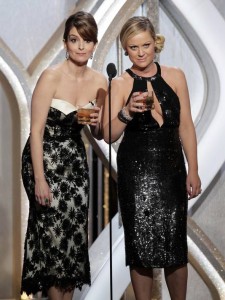
Amy Poehler and Tina Fey's co-hosting of the 2013 Golden Globes was one in a number of prominent moments for women at this year's awards ceremony. Some might be tempted to claim that the event helped raise the banner for women. Not so fast.
Read more »
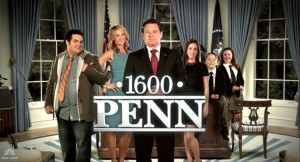
NBC's new First Family sitcom, 1600 Penn, is surprisingly devoid of conventional political engagement, instead relying on traditional domestic comedy in the form of interpersonal conflict.
Read more »

As audiences migrate away from live TV viewing and advertisers become increasingly concerned about how to get their messages out, series like "Escape My Life," which invite viewers to engage more directly and deeply with a brand (while being entertained!), might just be the wave of the future.
Read more »

A few months ago I examined the re-launched Real Housewives of Miami(RHOM) series, part of Bravo’s immensely popular Real Housewives franchise, in another Antenna post. Now that the season has officially ended with the airing of the second part of the cast’s explosive reunion special, I would like to return to this text once...
Read more »

It has been a really hard fall for a feminist TV lover. Problems abound with both the character of Julia Braverman-Graham of Parenthood, and Mindy Kaling's character on her new show, The Mindy Project. But nothing–nothing–has exceeded my disappointment more than the transformation of Up All Night.
Read more »
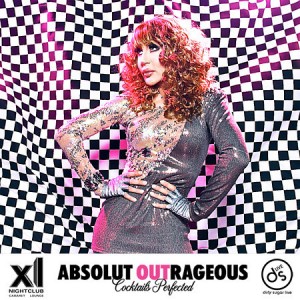
If the development of a symbiotic relationship between actors and products in reality television is the casting director’s responsibility, then who is excluded by Absolut Vodka’s sponsorship of RuPaul's Drag Race?
Read more »

Django Unchained functions as a product of post-race logic that paradoxically deals with a culturally specific thematic--slavery--while making the central storyline so universal slavery functions as a terribly horrific backdrop for a love story.
Read more »
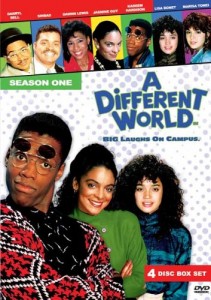
Flipping through the post-Christmas sales, I'm reminded of how the TV show on DVD has become an ubiquitous part of our culture. But it's those series or seasons of shows that are not for sale that tell a narrative of what's worthy of archiving within our popular culture and collective memory.
Read more »
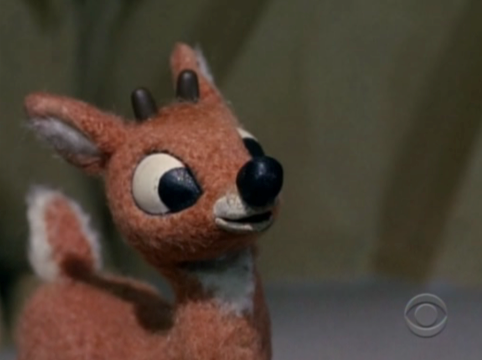
Rudolph was created when gayness as identity was rarely represented on screens, instead shunned off into the shadowy world of coded meanings waiting to be activated by knowing readers or “appearing” as semiotic excess waiting to be queered through the practice of camp.
Read more »

If Star Trek was once a foundation for the idea of taking fans seriously, then today it might simply be a sad commentary on fandom’s token function within the industry, another form of “crowdsourcing,” a destructive marriage based on the contradictory feelings of mutual dependence and contempt.
Read more »